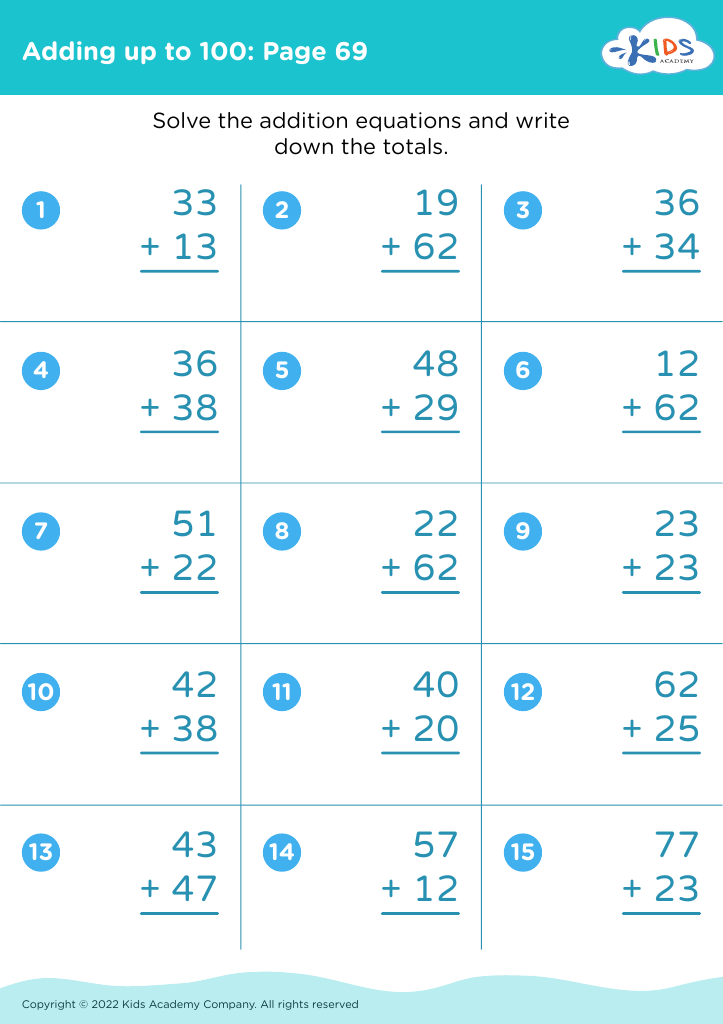Logical Reasoning Addition & Subtraction Worksheets for Ages 3-8
14 filtered results
-
From - To
Discover our engaging Logic Reasoning Addition & Subtraction Worksheets tailored for children ages 3-8! These thoughtfully designed worksheets enhance critical thinking skills while making math fun and accessible. By integrating logical reasoning into addition and subtraction activities, children develop problem-solving abilities alongside foundational math concepts. Our worksheets feature colorful illustrations and varied exercises that stimulate young minds, encouraging them to think creatively as they solve problems. Ideal for home or classroom use, these resources foster a love for learning through playful exploration. Start your child’s math journey today and watch them grow into confident learners while mastering essential skills!


Enrichment -2 Step Word Problems Worksheet
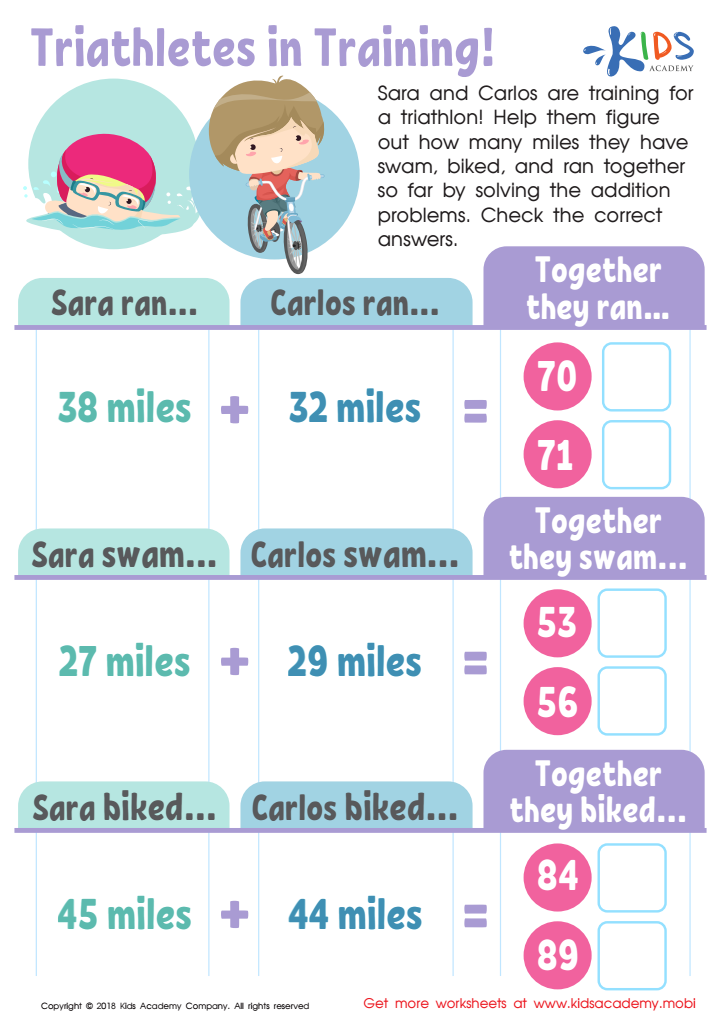

Triathletes in Training Worksheet
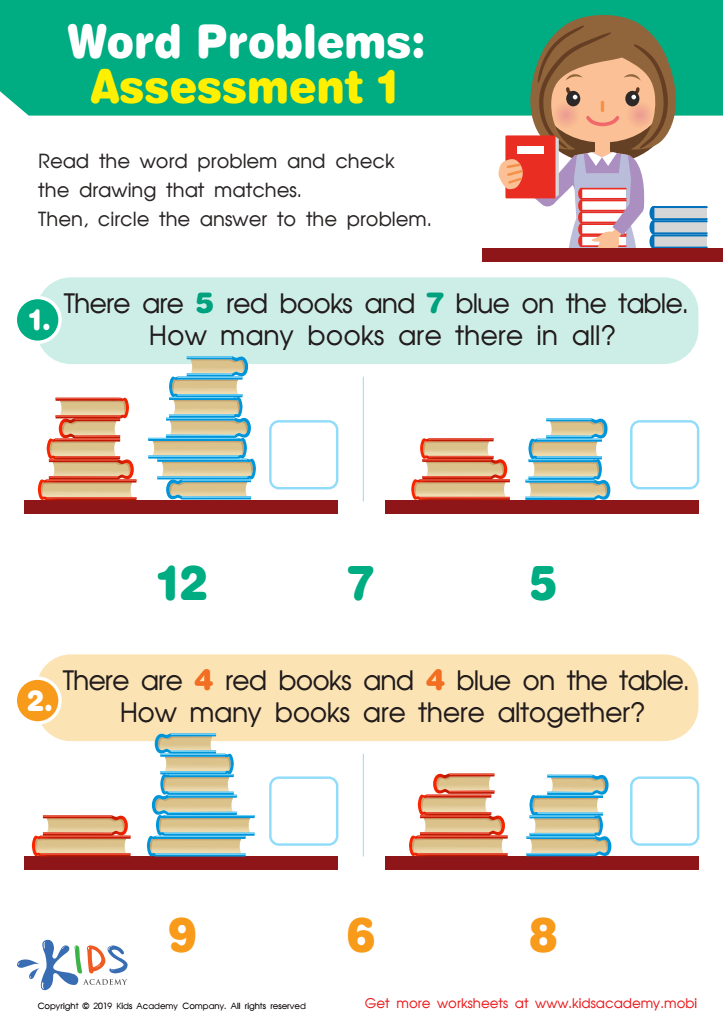

Word Problems: Assessment 1 Worksheet
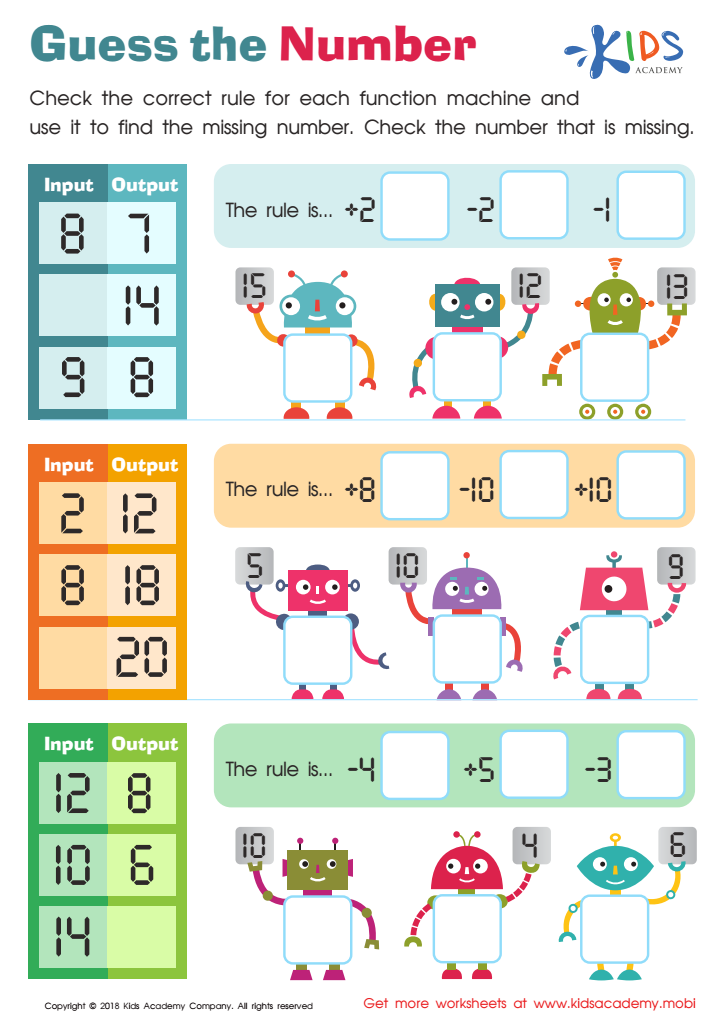

Guess the Number Worksheet
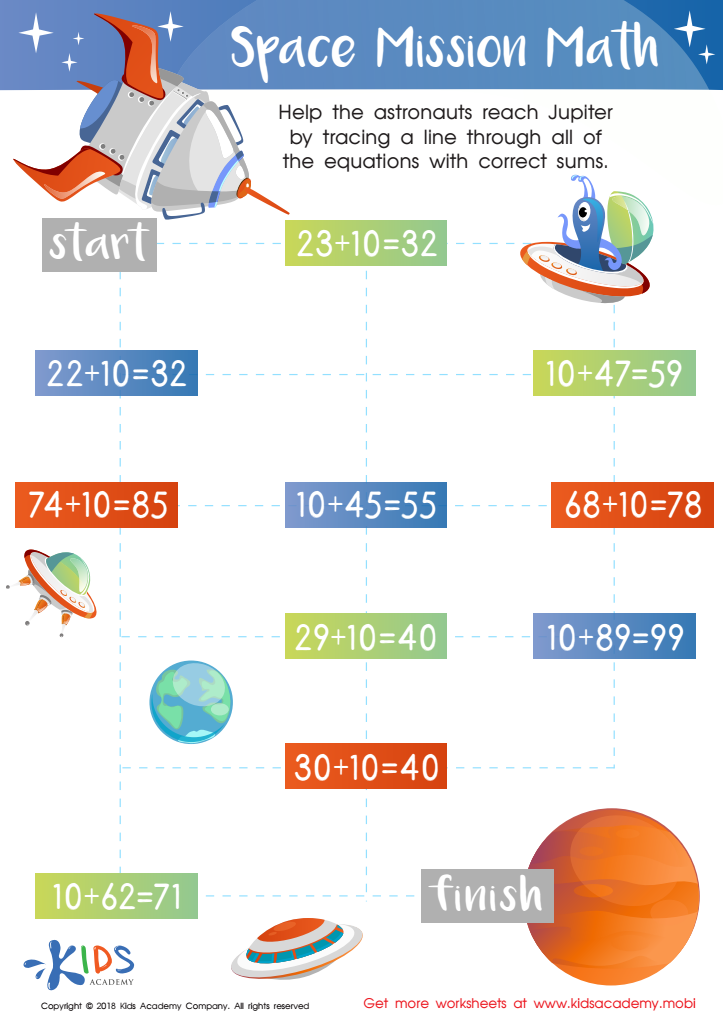

Space Mission Math Worksheet


Word Problems: Assessment 2 Worksheet


Addition and Subtraction: Word Problems Worksheet
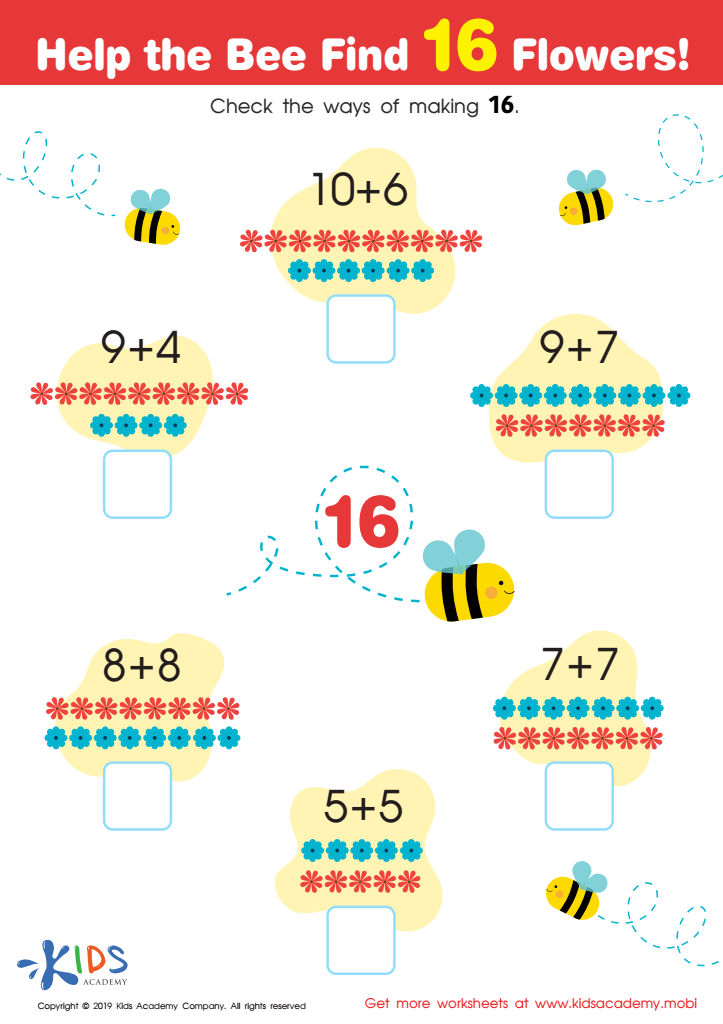

Help the Bee Find 16 Flowers Worksheet
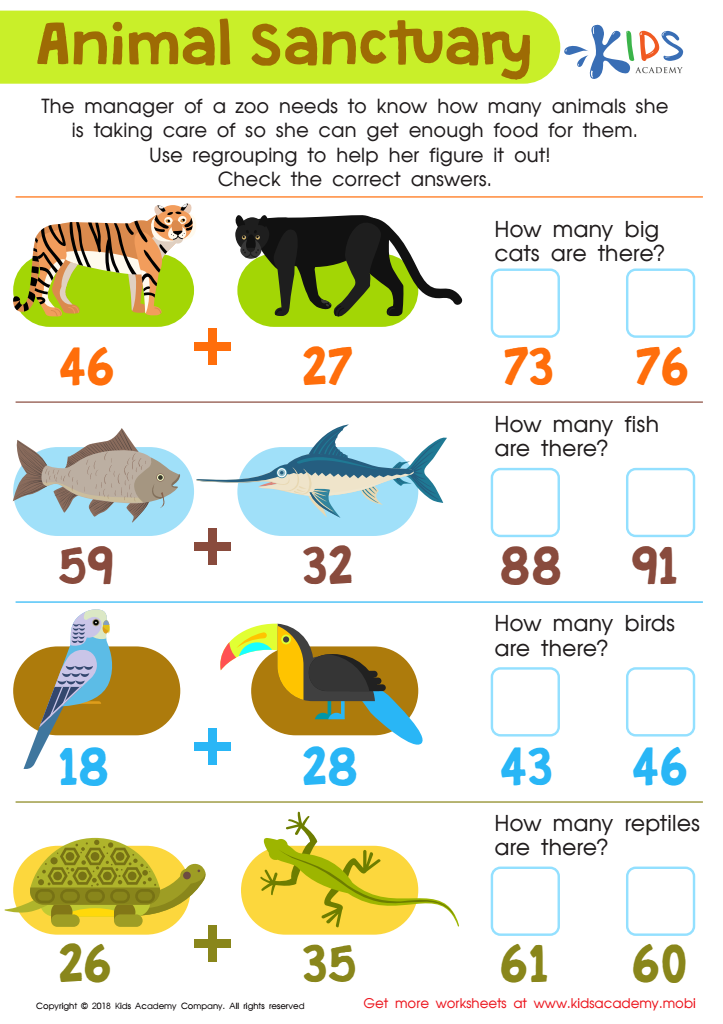

Animal Sanctuary Worksheet
Parents and teachers should recognize the significance of logical reasoning in addition and subtraction for children ages 3-8 because these foundational skills set the stage for lifelong learning and problem-solving capabilities. Logical reasoning helps children to understand the "why" behind mathematical operations, fostering a deeper comprehension of numbers beyond rote memorization. By engaging in activities that require children to think critically and make connections, educators and parents can cultivate necessary skills such as pattern recognition, categorization, and analytical thinking.
Moreover, establishing a solid ground in logical reasoning enhances children's confidence in mathematics, transforming it from a subject to be feared into one that is enjoyable. It enables them to explore various strategies to solve problems, encouraging creativity and adaptability—qualities that are vital in everyday life.
Additionally, integrating logical reasoning into early mathematics can lead to improved academic performance in later years, as students develop a robust framework for tackling more complex concepts. In essence, fostering logical reasoning in young children equips them with essential cognitive tools they will use throughout their educational journey, ultimately promoting both academic success and life skills. This makes it a priority for parents and teachers alike.
 Assign to My Students
Assign to My Students






